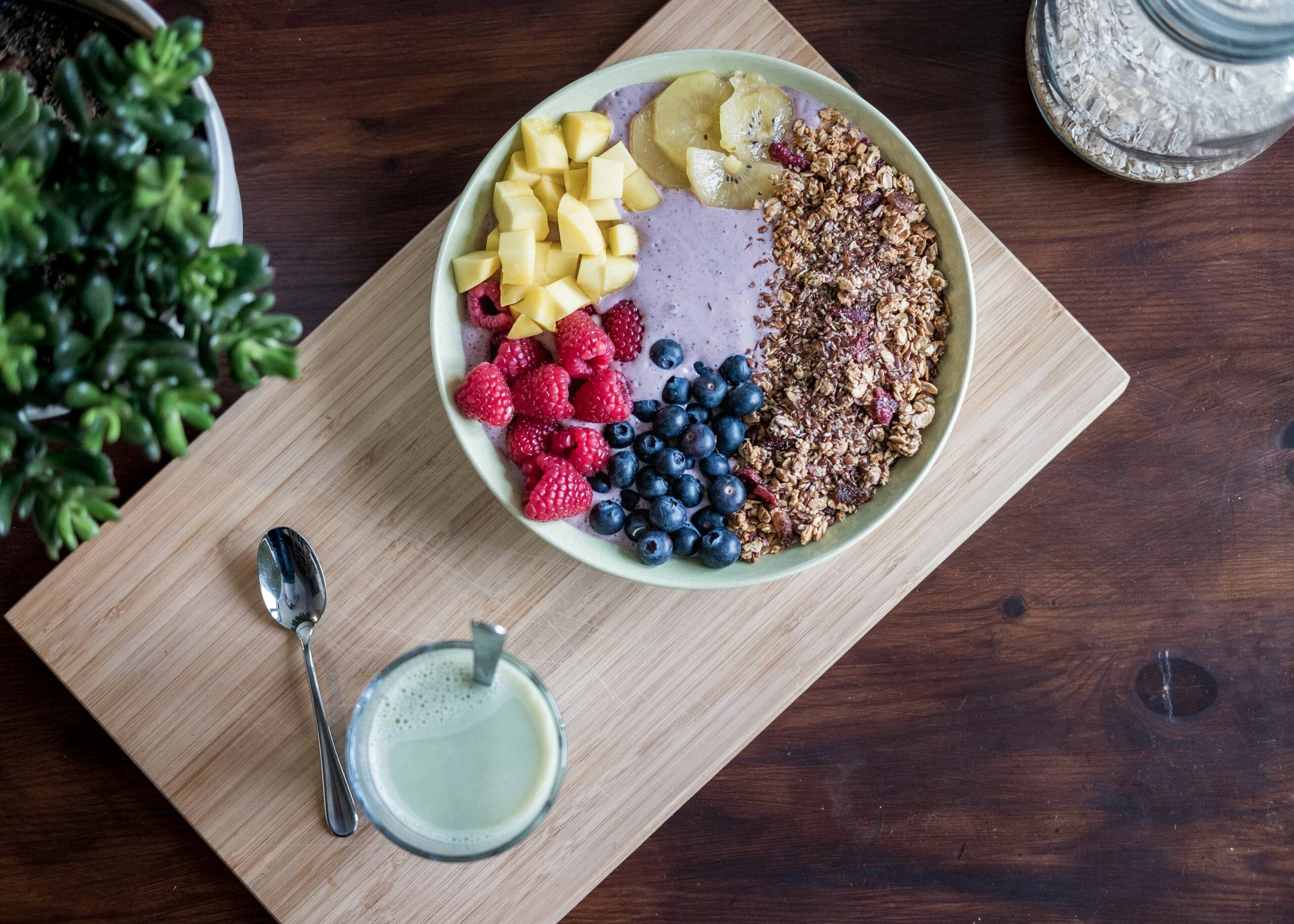
Cooking can be both an art and a science, especially when blending delicious flavors with healthy ingredients. The Mediterranean and Keto diets are two of the most popular lifestyles for those looking to maintain balanced and nutritious eating. While they have different principles, combining elements from both can create a satisfying and beneficial diet for overall well-being.
Understanding the Mediterranean and Keto Diets
The Mediterranean diet is inspired by the traditional eating habits of countries bordering the Mediterranean Sea, such as Greece, Italy, and Spain. It emphasizes fresh vegetables, lean proteins, healthy fats, and whole grains. Olive oil is a staple; meals are often packed with herbs, garlic, and citrus flavors. This diet is widely recognized for its heart-healthy benefits, supporting good cholesterol levels and reducing the risk of chronic diseases.
On the other hand, the Keto diet focuses on reducing carbohydrate intake and increasing healthy fats to induce a state of ketosis, where the body burns fat for fuel instead of carbohydrates. This low-carb, high-fat approach has been praised for its effectiveness in weight loss, blood sugar control, and enhanced mental clarity.
By combining elements from both diets, you can enjoy meals that are rich in flavor and promote a healthy lifestyle.
Choosing the Right Ingredients for a Healthy Balance
The key to mastering Mediterranean and Keto cooking is selecting the right ingredients. Fresh, whole foods should always be the focus. Since the Mediterranean diet includes some foods higher in carbohydrates, such as legumes and whole grains, modifications may be needed to align with Keto principles. Instead of traditional grains, alternatives like cauliflower rice, almond flour, and zucchini noodles can help maintain low-carb intake while satisfying meals.
Protein sources should be high quality and well-balanced. Fresh fish such as salmon, mackerel, and sardines are ideal, as they provide omega-3 fatty acids essential for brain and heart health. Free-range chicken, grass-fed beef, and pasture-raised eggs are excellent choices for those who prefer plant-based proteins; nuts, seeds, and avocados work well in both diets.
Healthy fats are central to both Mediterranean and Keto cooking. Extra virgin olive oil, avocado, and coconut oil are excellent for cooking and dressing salads. Butter and ghee can be used in moderation to enhance flavors without compromising health goals.
Spices and Herbs for Maximum Flavor
One of the most enjoyable aspects of Mediterranean and Keto cooking is the generous use of herbs and spices. These ingredients add depth and richness to dishes without extra carbohydrates or calories. Garlic, oregano, thyme, rosemary, basil, and parsley are common in Mediterranean cuisine, providing antioxidants and anti-inflammatory benefits. Paprika, cumin, coriander, and turmeric offer warm and earthy tones that enhance meats and vegetables.
Using fresh lemon juice and zest can brighten dishes and add a refreshing contrast to rich and savory flavors. Vinegar, such as balsamic and red wine vinegar, adds depth while helping digestion.
Creating Delicious and Nutritious Meals
Balance is key when preparing meals. For breakfast, a Mediterranean-inspired omelet with spinach, feta cheese, and olives cooked in olive oil might be served. For lunch, grilled chicken salad with mixed greens, cherry tomatoes, cucumbers, and a homemade vinaigrette might be served. Grilled salmon with roasted vegetables and a creamy tahini dressing make for a filling and nourishing dinner meal.
Snacks can also be both satisfying and healthy. A handful of almonds or walnuts, a slice of aged cheese with olives, or a homemade dip with fresh vegetables can keep hunger at bay while providing essential nutrients.
Adapting Traditional Mediterranean Dishes to Fit Keto
Some Mediterranean classics need slight adjustments to fit within Keto guidelines. For example, a cauliflower-based version can be a fantastic alternative to traditional hummus made with chickpeas. Greek yogurt, a staple in Mediterranean diets, can be enjoyed in moderation by choosing full-fat, unsweetened varieties.
Pasta dishes can be reimagined using zucchini noodles or spaghetti squash, while bread alternatives made from almond or coconut flour can replace traditional loaves. Even classic desserts like baklava can be modified using crushed nuts and natural sweeteners like monk fruit or stevia instead of honey and phyllo dough.
Benefits of a Mediterranean-Keto Fusion Diet
Merging the principles of Mediterranean and Keto cooking provides several health advantages. This combination supports heart health by incorporating healthy fats while maintaining lower carbohydrate levels to stabilize blood sugar. The high intake of antioxidants, vitamins, and minerals from fresh vegetables and herbs strengthens the immune system and promotes overall wellness.
Weight management is another significant benefit. Since both diets focus on whole, unprocessed foods, they help reduce cravings and improve satiety. The emphasis on healthy fats provides long-lasting energy, making it easier to stay full and satisfied throughout the day.
Additionally, the Mediterranean-Keto approach can enhance cognitive function. Omega-3 fatty acids from fish and nuts and the brain-boosting benefits of low-carb eating contribute to better focus and mental clarity.
Sustainability and Long-Term Success
One of the biggest challenges of following a specific diet is sustainability. The Mediterranean-Keto fusion offers flexibility and variety, making it easier to stick with in the long run. Unlike extreme dieting methods that restrict food groups entirely, this approach allows for creativity and enjoyment in meals.
By focusing on high-quality ingredients, mindful cooking techniques, and balanced nutrition. You can maintain a lifestyle that is both enjoyable and beneficial. Cooking at home using fresh ingredients enhances health and deepens the connection with food and its impact on well-being.
Embracing a Healthier, Flavorful Lifestyle
Mastering Mediterranean and Keto cooking is not about strict rules or deprivation—it is about finding harmony between flavor and health. By incorporating the best elements from both diets, you can enjoy rich, satisfying meals while supporting your overall wellness.
With the right ingredients, flavorful spices, and a balanced approach, Mediterranean-Keto cooking can be an enjoyable and sustainable way to nourish your body and mind. Whether new to these diets or looking to refine your culinary skills, embracing this fusion of flavors will elevate your cooking and transform your approach to healthy eating.